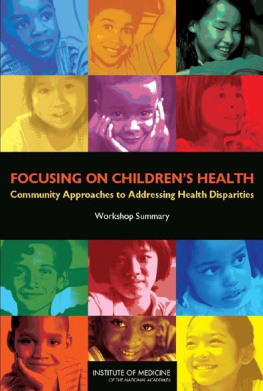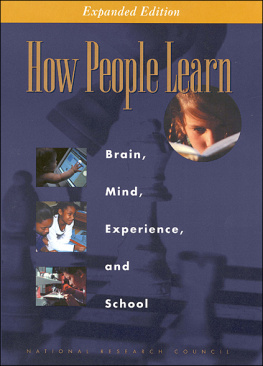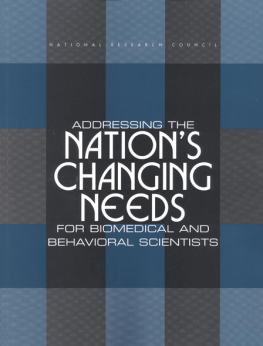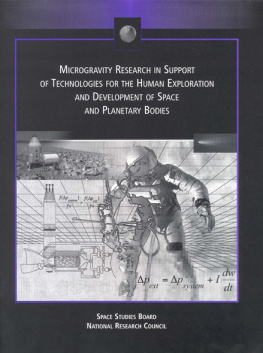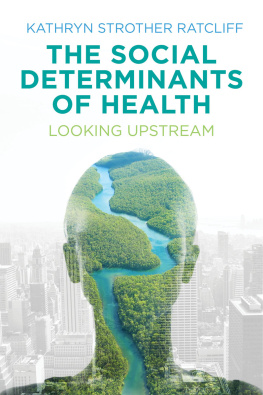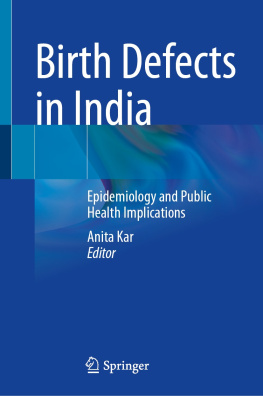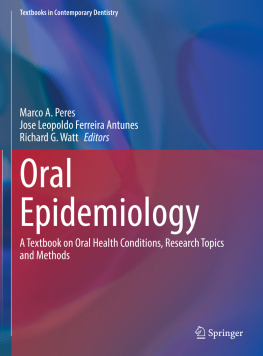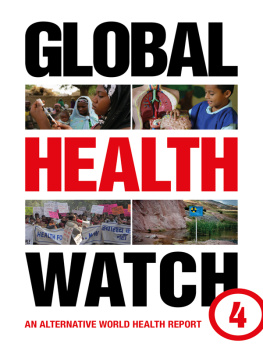National Research Council - Focusing on Childrens Health: Community Approaches to Addressing Health Disparities: Workshop Summary
Here you can read online National Research Council - Focusing on Childrens Health: Community Approaches to Addressing Health Disparities: Workshop Summary full text of the book (entire story) in english for free. Download pdf and epub, get meaning, cover and reviews about this ebook. year: 2009, publisher: National Academies Press, genre: Politics. Description of the work, (preface) as well as reviews are available. Best literature library LitArk.com created for fans of good reading and offers a wide selection of genres:
Romance novel
Science fiction
Adventure
Detective
Science
History
Home and family
Prose
Art
Politics
Computer
Non-fiction
Religion
Business
Children
Humor
Choose a favorite category and find really read worthwhile books. Enjoy immersion in the world of imagination, feel the emotions of the characters or learn something new for yourself, make an fascinating discovery.
- Book:Focusing on Childrens Health: Community Approaches to Addressing Health Disparities: Workshop Summary
- Author:
- Publisher:National Academies Press
- Genre:
- Year:2009
- Rating:4 / 5
- Favourites:Add to favourites
- Your mark:
Focusing on Childrens Health: Community Approaches to Addressing Health Disparities: Workshop Summary: summary, description and annotation
We offer to read an annotation, description, summary or preface (depends on what the author of the book "Focusing on Childrens Health: Community Approaches to Addressing Health Disparities: Workshop Summary" wrote himself). If you haven't found the necessary information about the book — write in the comments, we will try to find it.
Socioeconomic conditions are known to be major determinants of health at all stages of life, from pregnancy through childhood and adulthood. Life-course epidemiology has added a further dimension to the understanding of the social determinants of health by showing an association between early-life socioeconomic conditions and adult health-related behaviors, morbidity, and mortality. Sensitive and critical periods of development, such as the prenatal period and early childhood, present significant opportunities to influence lifelong health. Yet simply intervening in the health system is insufficient to influence health early in the life course. Community-level approaches to affect key determinants of health are also critical.
Many of these issues were raised in the 1995 National Academies book, Childrens Health, the Nations Wealth. The present volume builds upon this earlier book with presentations and examples from the field. Focusing on Childrens Health describes the evidence linking early childhood life conditions and adult health; discusses the contribution of the early life course to observed racial and ethnic disparities in health; and highlights successful models that engage both community factors and health care to affect life course development.
National Research Council: author's other books
Who wrote Focusing on Childrens Health: Community Approaches to Addressing Health Disparities: Workshop Summary? Find out the surname, the name of the author of the book and a list of all author's works by series.

